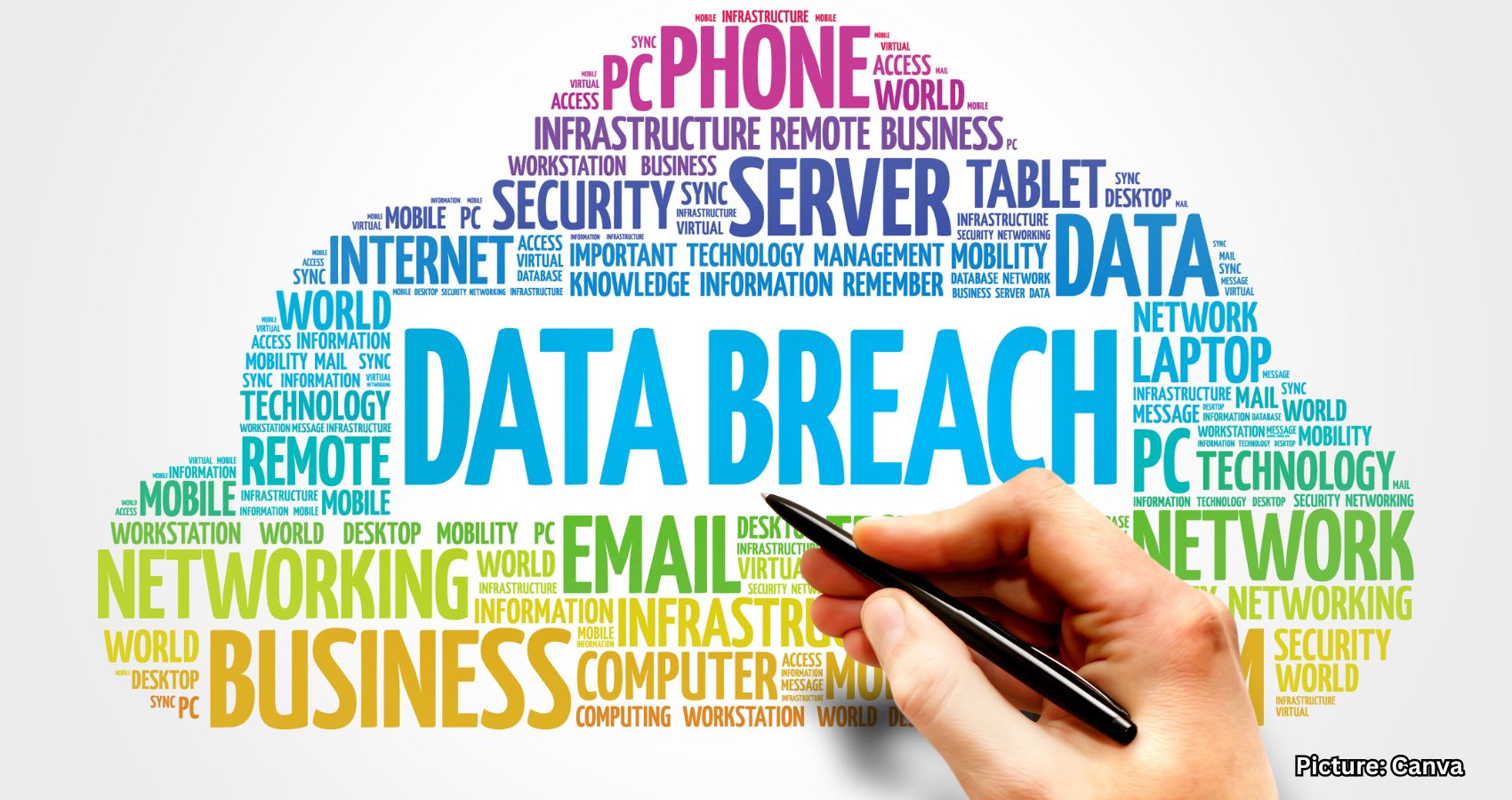The notorious people search site National Public Data has relaunched under new ownership after a massive data breach that exposed the personal information of 3 billion individuals, raising significant privacy concerns.
National Public Data (NPD), a controversial people search site, has made its return to the internet despite a previous breach that affected the personal information of 3 billion individuals. The site’s relaunch has reignited concerns about privacy and data security.
More than a year ago, NPD gained notoriety for one of the largest data breaches in history, which led to the exposure of sensitive information belonging to billions. Following its disappearance from the web, the site has resurfaced under new ownership, specifically Perfect Privacy LLC. It is important to note that this company is not affiliated with the VPN service of the same name.
Despite the change in ownership, the business model of NPD remains unchanged. The site continues to allow users to search for personal data about friends, relatives, or even strangers using just a name. This functionality raises ongoing concerns about how such data can be misused, particularly in contexts like employment, housing, or credit decisions.
NPD claims that the information it provides comes from various sources, including public records, property ownership databases, social media, and government agencies. The company asserts that it verifies and filters this data to ensure accuracy and currency. However, users may still encounter inaccuracies, as a quick test search revealed a mix of outdated and correct information. The site appeared to struggle with hyphenated names but successfully retrieved accurate details in other instances.
Attempts to reach NPD for comment went unanswered before the deadline for this article.
For individuals who prefer not to have their information accessible on NPD’s platform, there is an option to request removal. However, each profile requires a separate request and confirmation email. After submitting a request, users should follow up in a few days to ensure their data has been removed. A helpful tip is to use an alias or disposable email address for these requests, making it easier to track confirmations and keep the main inbox uncluttered.
Removing personal information from NPD is just the beginning of the privacy battle. Numerous other people search sites may still display personal details, as many of these platforms draw from the same public databases. Consequently, addresses, phone numbers, and relatives’ names can continue to resurface online.
The return of NPD serves as a stark reminder of how quickly data can reappear on the internet. While a breach may fade from public attention, the exposed information often remains accessible. To safeguard privacy, individuals need a comprehensive strategy. Regularly searching for one’s name on various people search engines is advisable, as it helps identify new profiles before they proliferate.
In addition to NPD, other sites such as Whitepages, Spokeo, and Radaris often host similar data. Conducting periodic checks can help users stay informed about their online presence.
For those seeking a more efficient approach, data removal services can scan multiple databases simultaneously. These services request opt-outs on behalf of users and monitor for new listings. While no service can guarantee complete removal of personal data from the internet, employing a data removal service can be a prudent choice. Such services actively work to erase personal information from numerous websites, providing peace of mind and reducing the risk of scammers accessing data from breaches.
In addition to removing profiles, individuals should remain vigilant about monitoring their bank statements, credit reports, and online accounts. Exposed data can be exploited for phishing attempts, fraudulent loan applications, or identity theft. Staying alert to suspicious activity can provide early warnings of potential issues.
To further protect against malicious links that could install malware and compromise personal information, it is essential to have robust antivirus software installed on all devices. This software can also alert users to phishing emails and ransomware scams, safeguarding personal information and digital assets.
Setting up alerts for identity theft is another proactive measure. Many banks and credit monitoring services allow users to create alerts for suspicious activity. Additionally, individuals can establish free fraud alerts with credit bureaus, prompting lenders to take extra steps to verify identity before issuing new credit.
People search sites frequently pull records from government databases. Therefore, reviewing local county property, court, or voter registration records can be beneficial. Some jurisdictions permit requests for redactions or limitations on what is displayed online. Furthermore, tightening privacy settings on social media platforms can help limit what strangers can see, reducing the amount of public information available for collection.
The resurgence of National Public Data highlights the ongoing challenge of protecting personal information in an increasingly digital world. Even if individuals successfully remove their data from one site, numerous others may still retain their details. Consequently, safeguarding privacy requires more than a simple opt-out; it necessitates regular monitoring, credit freezes, and enhanced account vigilance to stay ahead of potential threats.
As the conversation around data privacy continues, individuals are left to ponder whether stronger laws should be enacted to prevent companies from collecting and selling personal data or if the responsibility lies solely with individuals to protect themselves.
Source: Original article

